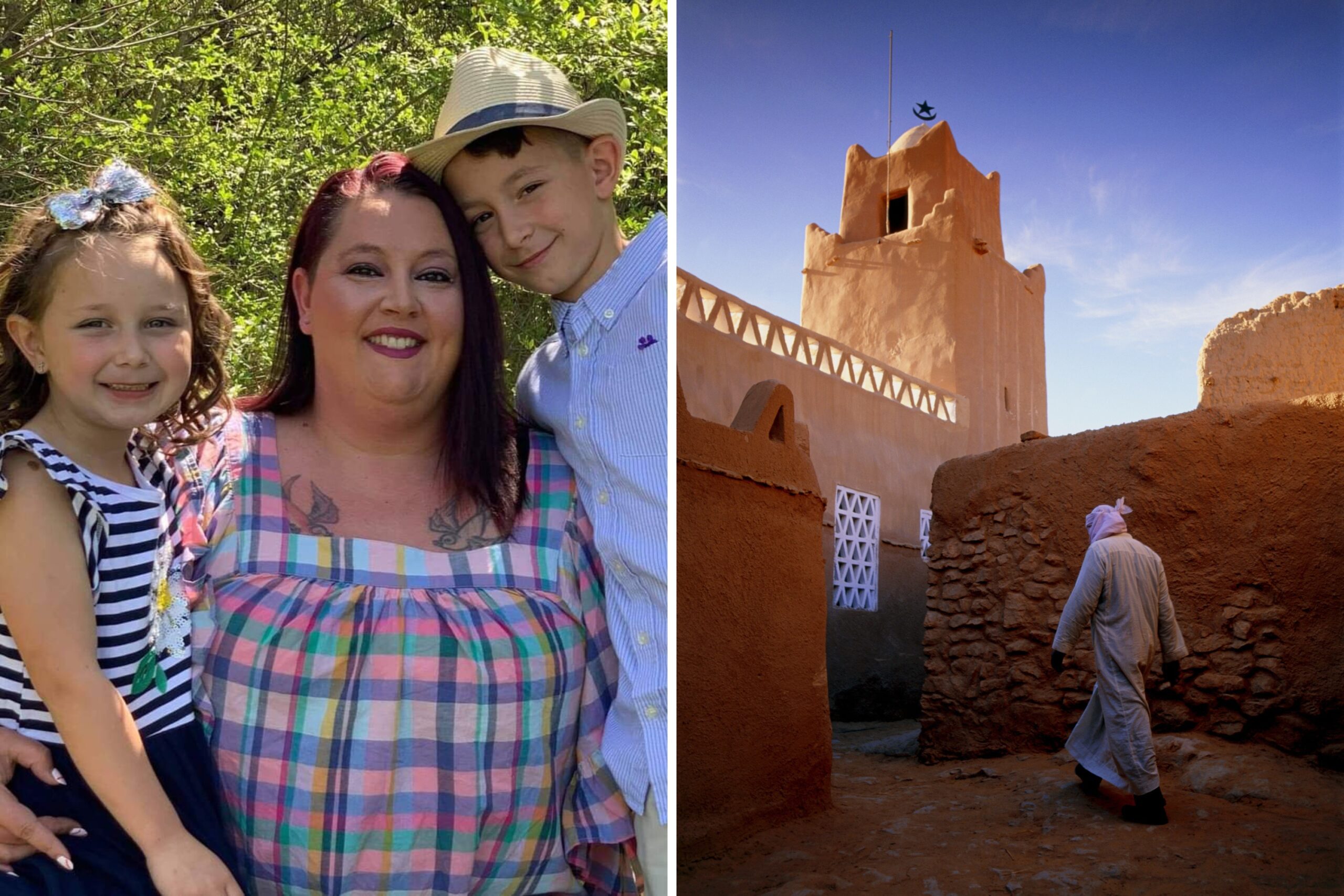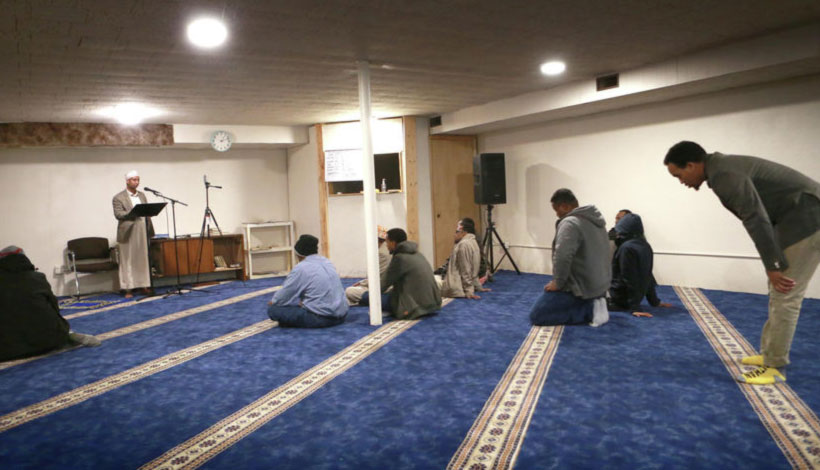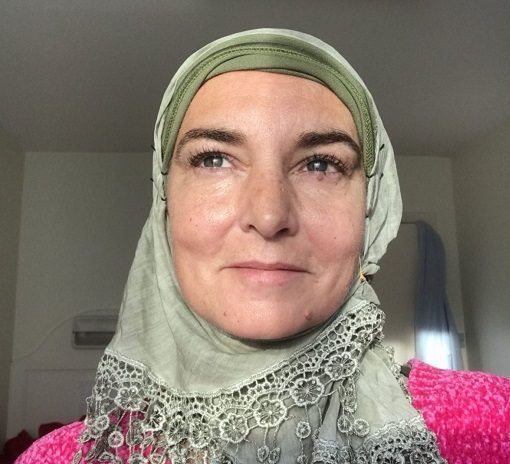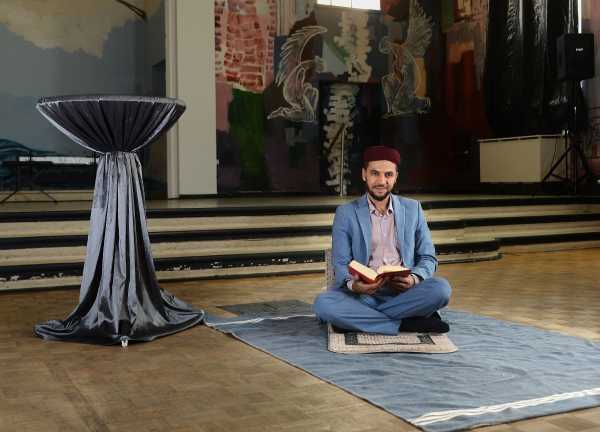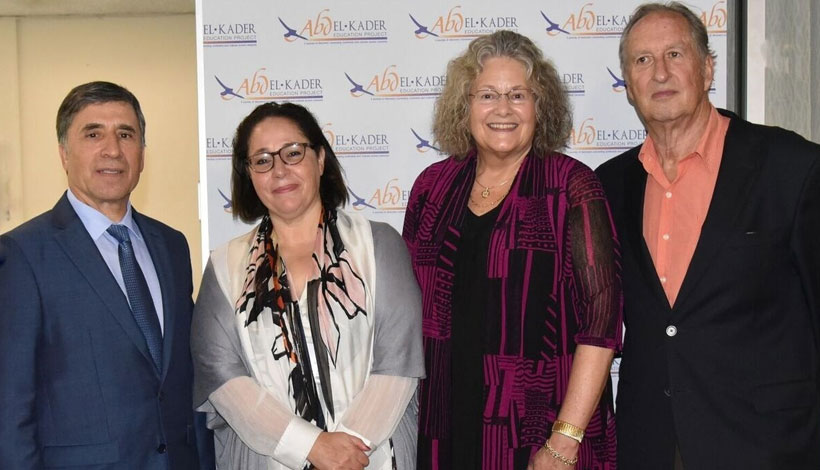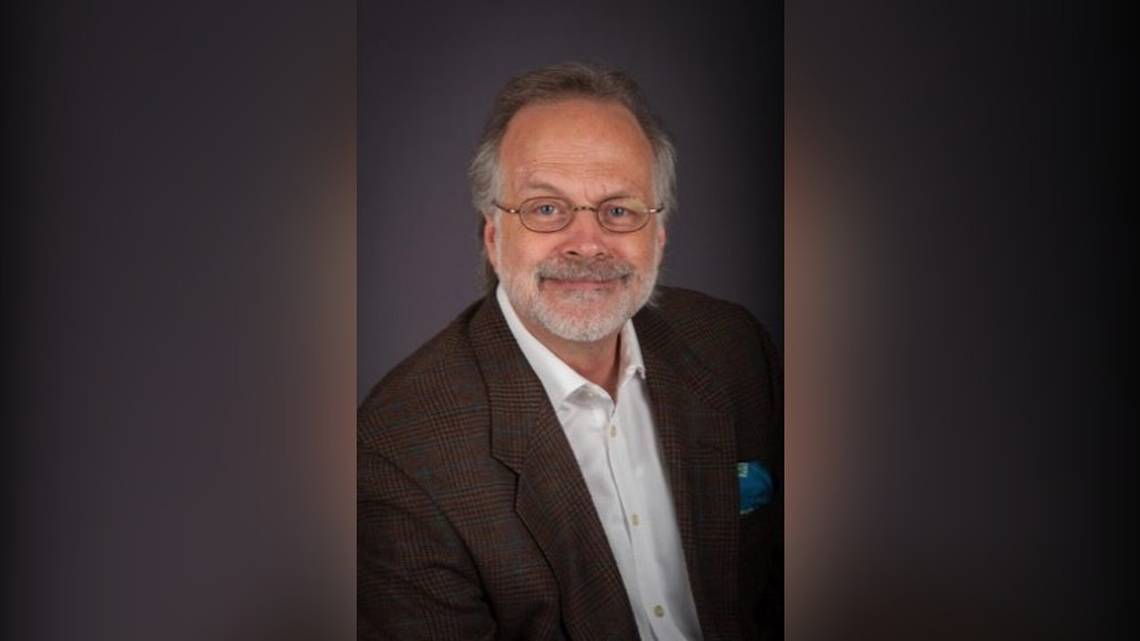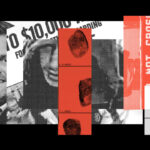One spring day in 2015, my husband, Chris, invited our family to a cookout with his friends and their families. I expected hot dogs on a grill and kids playing games. Instead, we showed up to a yard in Calhoun, Georgia filled with men in KKK regalia. This wasn’t a cookout. It was a Klan rally.
Before I could make sense of the scene, a man approached me to say that my husband was having a KKK robe made for our three-year-old son. My heart lurched into my throat. I knew Chris had been struggling with addiction and PTSD from a military tour, but joining an extremist hate group and trying to indoctrinate our son was beyond imagining.
I soon learned that Chris had been an Imperial Nighthawk in the Georgia KKK for nearly a year. Over the course of a few months, Chris became more vocal about being in the KKK.
You may be interested
He would post on social media and wear shirts that said things like “white boy sh*t.” Soon, people began to recognize me as Chris’ wife and would confront me and my children in the grocery store about Chris.
What my husband was doing and how it was affecting our family began to weigh heavily on me. Oftentimes, after my kids were in bed, I would scream into pillows desperate for help. I needed to save Chris and save our family. So late one night after that terrible cookout, I googled, “How to get a loved one out of a hate group.”
A series of events pushed my husband toward the Klan, one of which was a Humvee accident which led to an opioid addiction. After Chris’ became addicted to opioid painkillers, we lost our house and had to stay in a homeless shelter with our one-year-old son.
Chris had also lost the brotherhood of his military service and struggled with the loss of his best friend, who’d been killed during his tour in Afghanistan. Isolated and despairing, he found what he thought was brotherhood with the men from the Klan. They gave him a job and a purpose. They gave him something that passed for friendship—though on multiple occasions, he came home with black eyes. They fueled his substance abuse.

Melissa Hunter Buckley/Getty images/Frans Lemmens
When I discovered all of this I was devastated. I certainly didn’t want my kids around the Klan’s racism and violence. But I couldn’t leave Chris, like my family and friends begged me to do. Somewhere inside, he was still the man I fell in love with. I wanted to fight for him, for our family.
Two years later, my husband was introduced to an unlikely hero of our story: Dr. Heval Mohammed Kelli, a renowned cardiologist, and Muslim Kurdish-Syrian refugee.
After googling “How to get a loved one out of a hate group,” I came across Arno Michaelis, a former neo-Nazi, and skinhead who now worked to deradicalize young men.
The two met in the summer of 2016. After some initial resistance, Chris agreed to work with Arno. During that time he left the KKK, got sober, and reckoned with his past. In 2018, Arno suggested that he meet Heval, a Muslim friend of his. Chris strongly declined. I believe that the military trained him to see Muslims as the enemy. The very mention of Muslims caused Chris to go pale and panic, his eyes vacant and hands trembling.
Chris carried his trauma from Afghanistan for years. But after Arno helped Chris understand that meeting his Muslim friend could help him heal, Chris agreed to talk to Heval. They began texting and talking frequently. It quickly became clear that whenever I heard Chris speaking excitedly on the phone, Heval was on the other end.
Heval became the supportive friend Chris had needed for so long. His empathy, listening ear, and equal delight in conversational sparring helped loosen knots inside of Chris, making him more at ease and present with me and the kids.
Early on, I joked that they should go on a date because Chris was always talking about, or to Heval. Even now, they talk all the time: about work, being fathers, and Islam. Heval helped Chris unlearn the racist ideologies that were baked in him by the military and the KKK by helping him better understand Islam.
Heval helped Chris heal from trauma and become the best version of himself. They have the brotherhood and connection he has ached for his entire life.
My husband’s journey out of extremism—from a person who hated Muslims to one who now attends Ramadan celebrations—would not have been possible without Heval’s friendship.
As a mother raising young kids in a polarized nation plagued by racism, cross-cultural friendships matter more than ever. When we come together across cultural differences, our kids see the power of kindness over hatred and unity over division. My children and I have seen this lesson play out firsthand. It saved my husband and brought back their father.
Now, instead of attending Klan rallies, Chris brings me and our kids to Ramadan dinners with Heval’s family. I watch Chris fill with joy when Heval’s mother hugs him. When Chris’ life was filled with hate, he needed love. It fills me with pride to know I never gave up on him.
I made him a promise when I married him—that I would love him in sickness and in health. It was never easy, but it is the biggest reward to watch our family come together with Heval’s family and celebrate love and friendship.
Melissa Hunter Buckley is a caregiver and substitute teacher from Hazard, Kentucky. She currently lives in Athens, Tennessee with her family.
All views expressed are the author’s own.
Do you have a unique experience or personal story to share? See our Reader Submissions Guide and then email the My Turn team at [email protected].
Uncommon Knowledge
Newsweek is committed to challenging conventional wisdom and finding connections in the search for common ground.
Newsweek is committed to challenging conventional wisdom and finding connections in the search for common ground.

